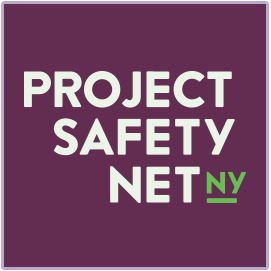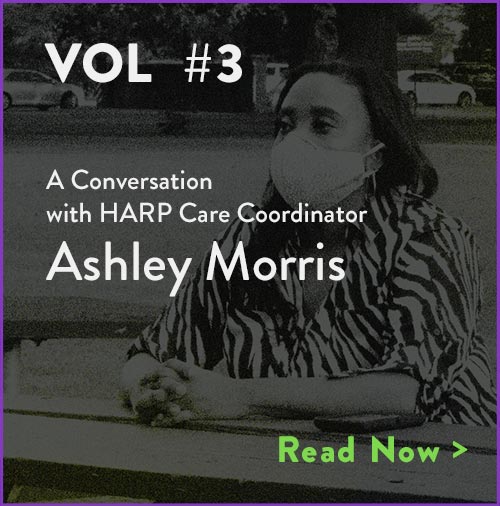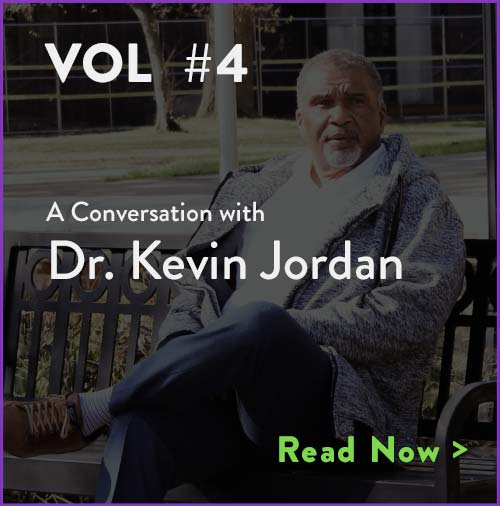

A Conversation with Felix Ruiz,
Renaissance Man
As World AIDS Day approaches and we commemorate the 40-year battle against a pandemic that redefined our world, it’s a fitting time to recognize one of the heroes in our community by reflecting on his experiences riding the crest of historic times and celebrating his dedication to influencing individual lives in another defining period.
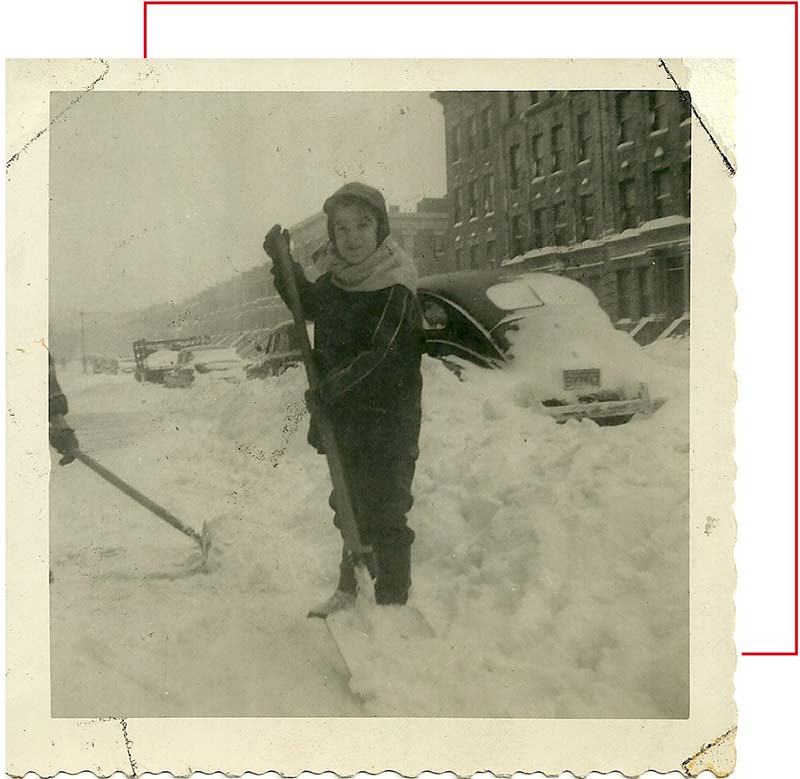 Zooming in for an interview from his office at Sun River Health in Patchogue, Felix Ruiz sits only 50 miles away from his birthplace in Bedford Stuyvesant. Yet the arc of his life and the trajectory set by his choices portray a greater journey from childhood in 1950s Brooklyn to life as a public health worker in the fragmented landscape of COVID-era Long Island. When speaking with Felix, a tone of composure, warmth, and directness flows through the screen. Each question and response are thoughtfully considered, creating a pace of conversation that is calming and trustworthy, making it clear you are engaged with a seasoned professional whose skills have developed over time.
Zooming in for an interview from his office at Sun River Health in Patchogue, Felix Ruiz sits only 50 miles away from his birthplace in Bedford Stuyvesant. Yet the arc of his life and the trajectory set by his choices portray a greater journey from childhood in 1950s Brooklyn to life as a public health worker in the fragmented landscape of COVID-era Long Island. When speaking with Felix, a tone of composure, warmth, and directness flows through the screen. Each question and response are thoughtfully considered, creating a pace of conversation that is calming and trustworthy, making it clear you are engaged with a seasoned professional whose skills have developed over time.
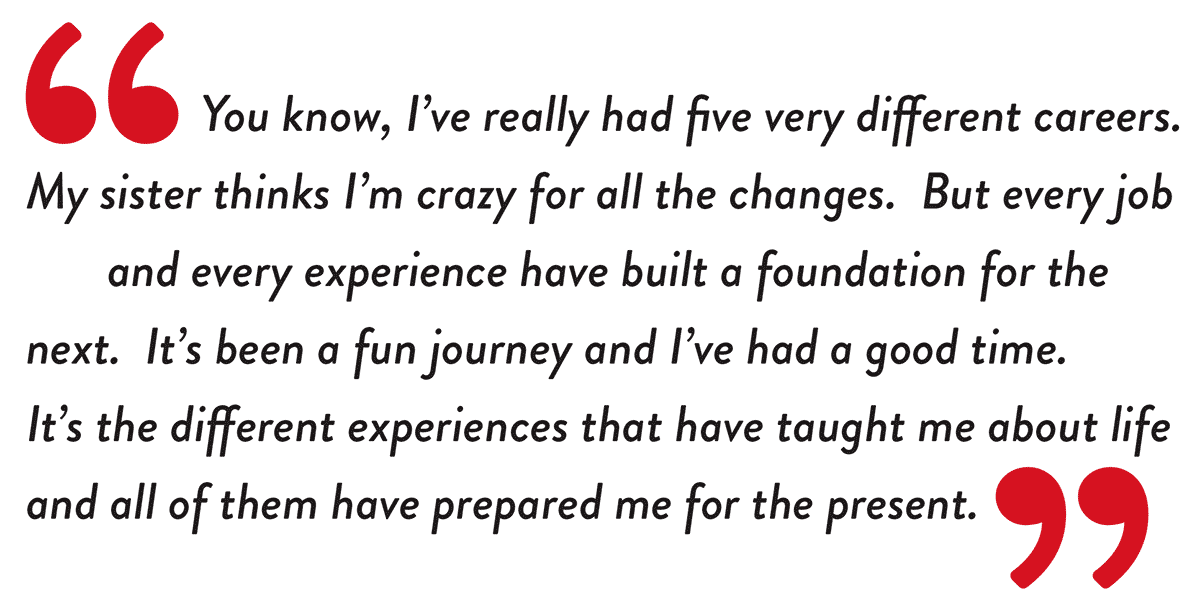
While many of his contemporaries chose and followed a linear job path, Felix evolved with the times. A sense of calling and compassion seem to be the through line of a divergent career with many branches. Raised Catholic, Felix’s decision to join the seminary and study for the priesthood is not surprising. Felix speaks very fondly of his time as a student and novitiate in Maryknoll College just outside Chicago. His attraction to Liberation Theology of the 1960s motivated his participation in the historic Poor People’s Campaign and March on Washington in 1968.
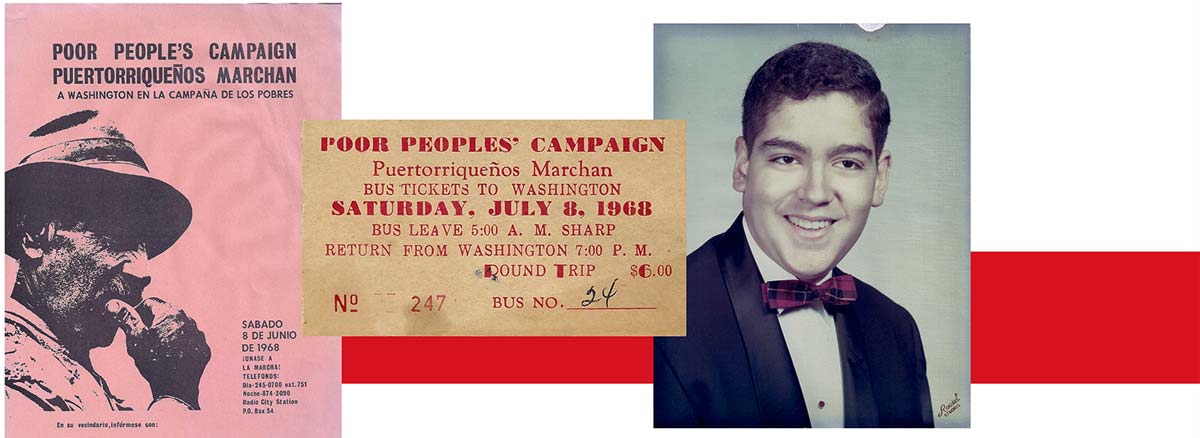
In the 1970s, Felix joined the US Civil Service Commission, now the Office of Personnel Management, conducting security clearances for agencies such as the Atomic Energy Commission at time when the country was locked in an arms race and nuclear technology was front and center in the news. While the position was intellectually intriguing, the clearance process was focused on finding and exposing people’s dirty laundry. “I came to see that being gay was something that could cost me my job.” Felix credits this experience with deepening his appreciation for privacy and discretion, understanding how his own identity placed him in a vulnerable position. It became clear that this job was not the right fit.
Fortunately, his civil service credentials paved the road for his next career turn as… an Air Traffic Controller! Listening to Felix recount the incredible leaps in his professional life is exhilarating.
Felix worked his way up to become Vice President of his local union, the Professional Air Traffic Controllers Organization (PATCO). Once again, Felix found himself at the crossroads of history when 12,000 PATCO members walked off the job in 1981 in protest of poor working conditions. After 48 hours of tumultuous shut-down, Felix was among the 11,345 union workers fired by Ronald Reagan and banned from holding federal positions thereafter. The event captured the attention of the nation and launched Felix in a direction far different from civil service.
Advertising was the name of the game in the 1980s. It was a creative heyday fueled by rapid economic gains and Felix’s career followed an equally liberal path of growth. “In the corporate world you got used to moving from job to job. You had to hop around to get raises. It’s how you got ahead.” In contrast to the opportunity of a booming job market, the ‘80s were also marked and marred by the onslaught of AIDS. “I was 31 and living on Long Island when HIV hit the fan. As a gay man, I often went into the city to meet guys. I remember seeing this guy at a Pride event who had Kaposi sarcoma, and although I am HIV negative, I thought ‘there but for the grace of God go I’. HIV was like a sword always hanging over your head.” Like many gay men of his generation, Felix lived through the turbulence and loss of an unprecedented decade. “My college roommate died from HIV in 1990. My cousin also died in 1991. Everyone lost friends. Everyone lost family.”
Whether it was the disruptive force of 21st century digital media or perhaps the reminder of a greater personal calling, Felix found his advertising career ending and the need for a new beginning. “In 2002, my mother was in hospice, and I realized how critical the social worker was for us during this experience. I saw the meaning in the work.” Not long after, Felix pursued his MSW at Stony Brook University, a degree that provided opportunities to match the skills he had been developing since his calling to the seminary as a young man. Through his graduate training and his eventual role as a mental health counselor at FEGS, Felix developed evidence-based skills in cognitive behavioral therapy (CBT) and motivational interviewing to support his work with people coping with depression and anxiety and those living with and affected by HIV.
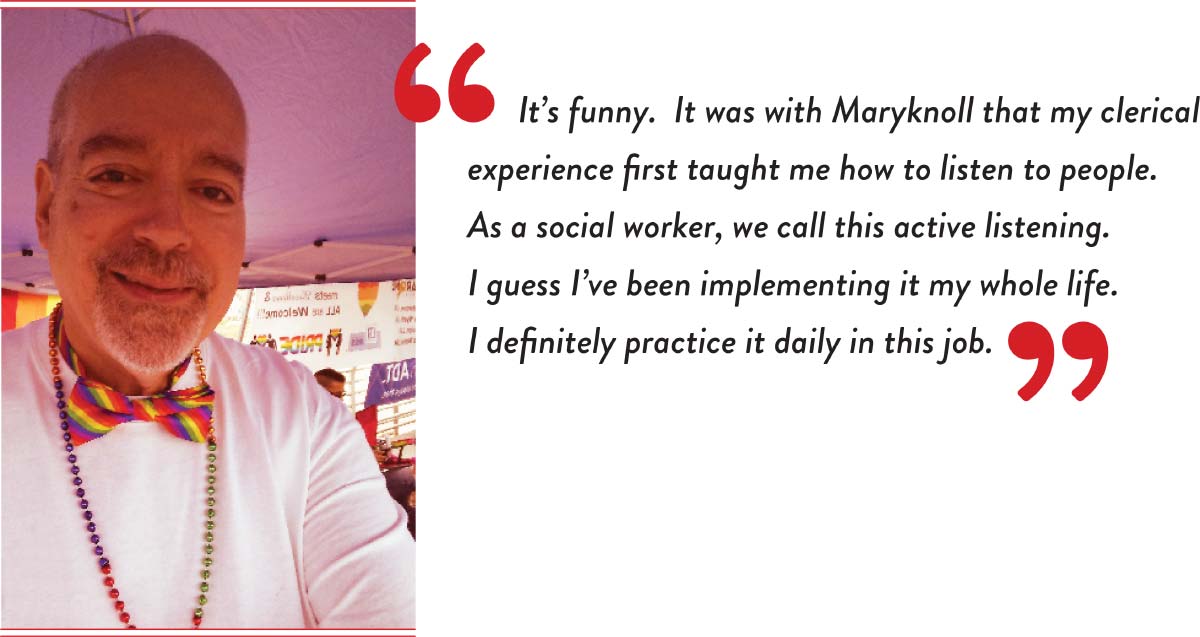
 As Felix describes his current role as a PrEP Specialist for Sun River Health, he transmits a sense of clarity and confidence. “One of the factors about PrEP that excited me was the possibility of helping someone stay HIV negative. The joy I get out of this job is that I can help prevent the spread of HIV.” Employing the communication, counseling, and diagnostic skills he has developed in many settings, Felix corrals a lifetime of experience in his efforts to connect young gay men, and others, to PrEP in Suffolk County. It’s a mission perplexed by many barriers.
As Felix describes his current role as a PrEP Specialist for Sun River Health, he transmits a sense of clarity and confidence. “One of the factors about PrEP that excited me was the possibility of helping someone stay HIV negative. The joy I get out of this job is that I can help prevent the spread of HIV.” Employing the communication, counseling, and diagnostic skills he has developed in many settings, Felix corrals a lifetime of experience in his efforts to connect young gay men, and others, to PrEP in Suffolk County. It’s a mission perplexed by many barriers.
“Being out to your parents is one thing. Being open to your parents about being sexually active is another thing. Both can be barriers to sexual health. We also have difficulty getting medical providers on board who are willing to offer PrEP. It makes it so much harder to deal with the stigma of being gay and being sexually active when the medical community won’t tackle it head on.”
Felix continues: “There is a web of complexity for people who want to get on PrEP. It requires so much phone time, computer time and paperwork. Prior authorizations are complicated and very time consuming. Then there are the copays. One of my clients has a $4,700 deductible with his health insurance before any drug copays kick in. For many people the process is so hard or expensive that they simply decide not to take it.”
As Felix articulates the array of medical, personal, financial, and social obstacles to establishing more open and fluid access to PrEP in Suffolk County, it’s clear that it takes a Renaissance man to live up to the challenge. It is both striking and inspiring to see the fusion of professional development and personal traits Felix engages to help people stay healthy and stay alive. As a man of spiritual calling, as an air traffic controller, as a counselor, and a public health navigator, Felix Ruiz has dedicated his life to personal growth and offered his expertise back to the community in ways that met the times he’s lived in.
“One of the things my parents taught me and my sister was to treat people the way you want to be treated. If you act professionally in the workplace, you’ll build relationships that last. I hear people giving feedback to my colleagues, giving me credit for helping them out and being grateful. It makes me feel good to know I’m well-respected. I appreciate it.”
As he thinks about retirement at the end of this year, Felix lets us in on his next exciting chapter: “I’d like to travel. Maybe see the aurora borealis. It’s like the planet is alive. To be able to look up and be part of it, I’d really get off on it. I also have a friend who is a missionary priest and lives in Katmandu. He was a classmate from my seminary days and he sent me photos of the Himalayas in his backyard. Maybe I’ll go visit him too. Who wouldn’t love to see the Himalayas?”
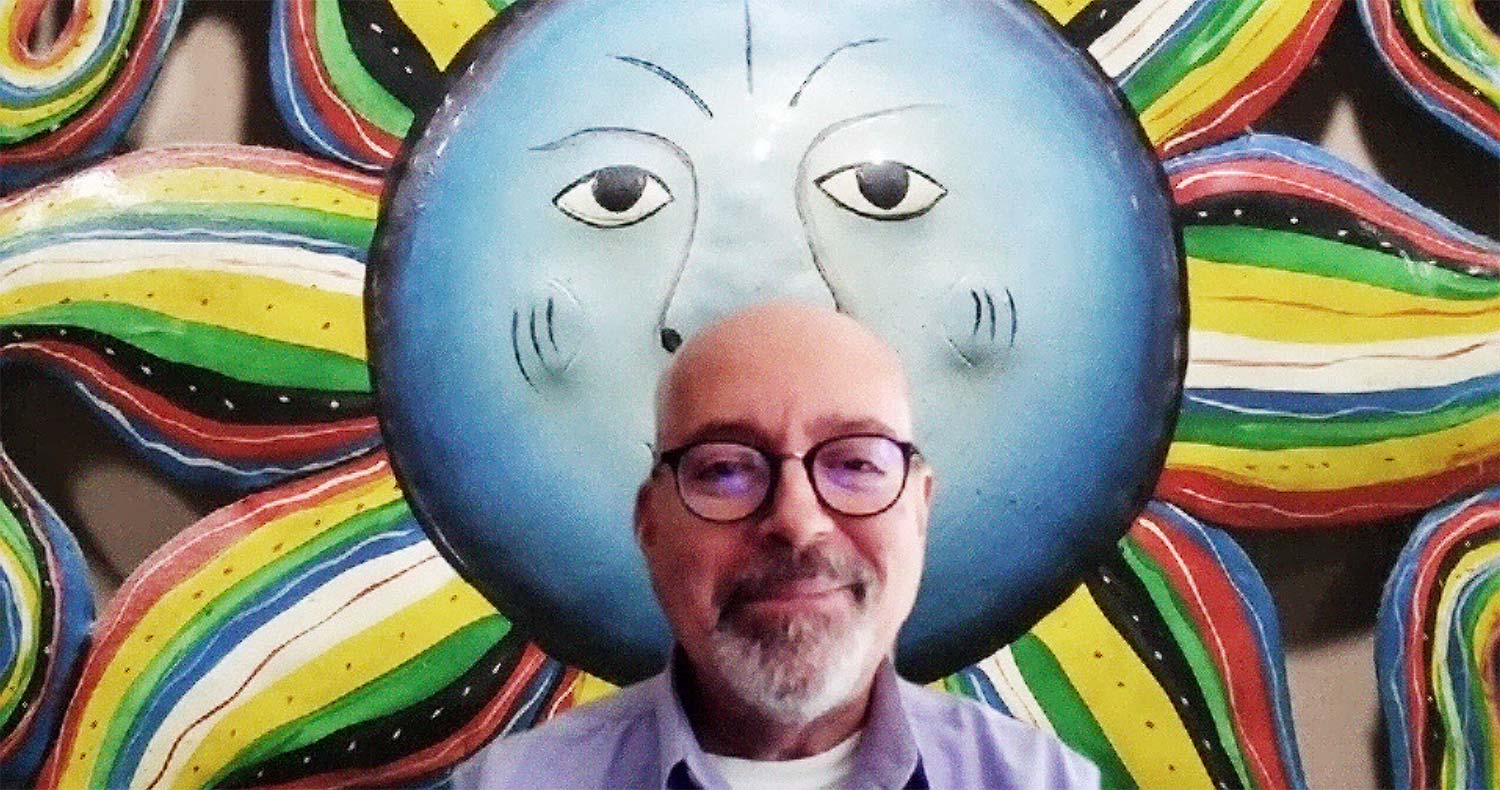
Coming full circle, Felix is ready to take a great leap and travel the world, something he was not prepared to do as young seminarian. Perhaps his years of experience serving community have instilled a rooted confidence in his sense of place. This Renaissance man has already reached great heights in his hero’s journey. Now he can claim the mantle of Sherpa as he continues to climb the mountain. The planet is indeed alive and so is Felix!
